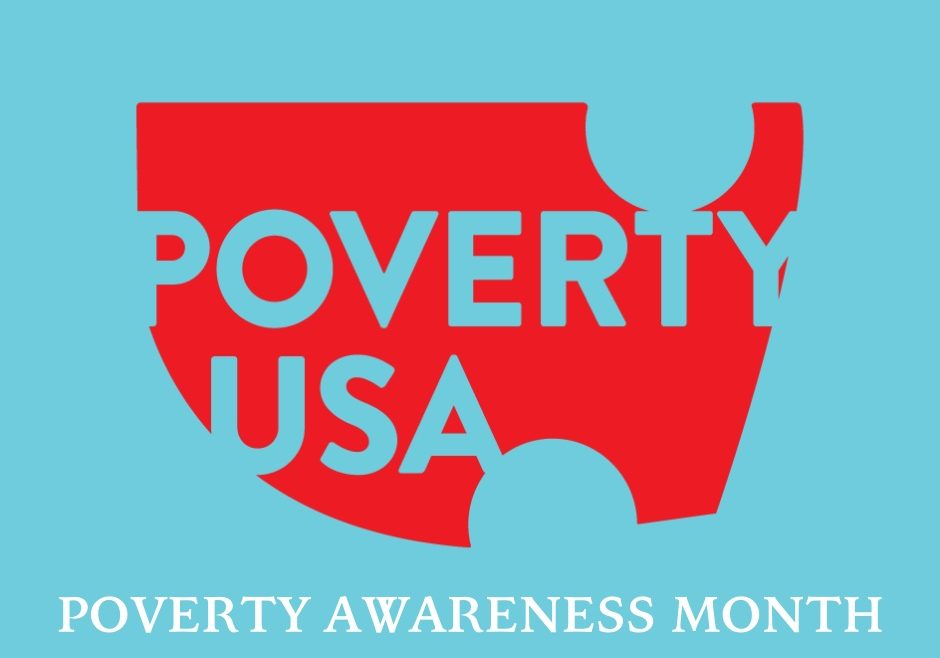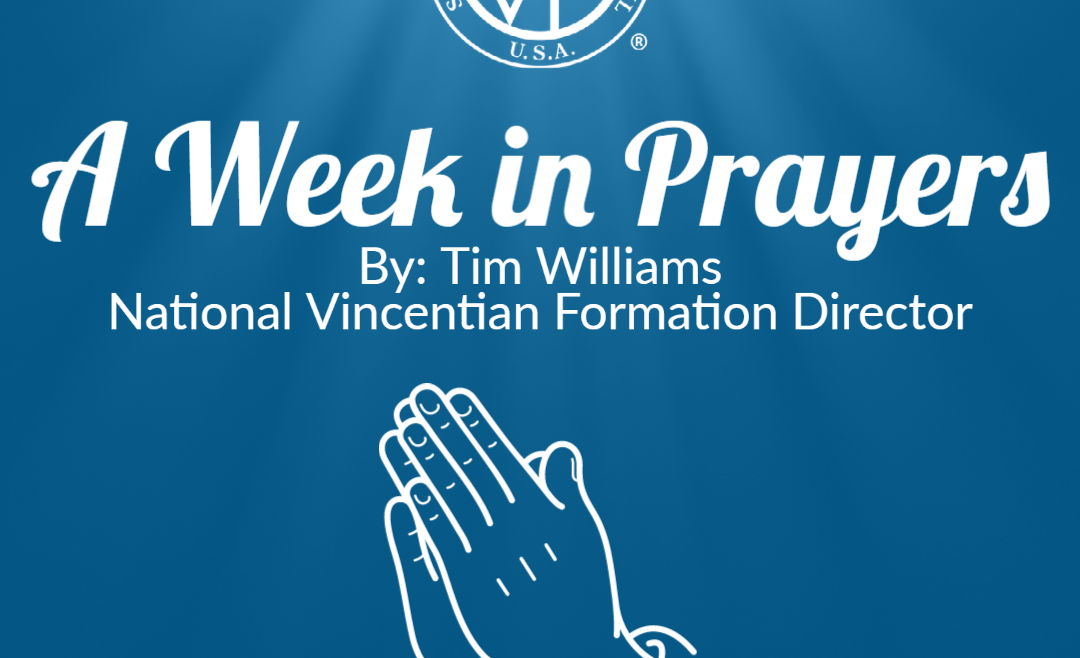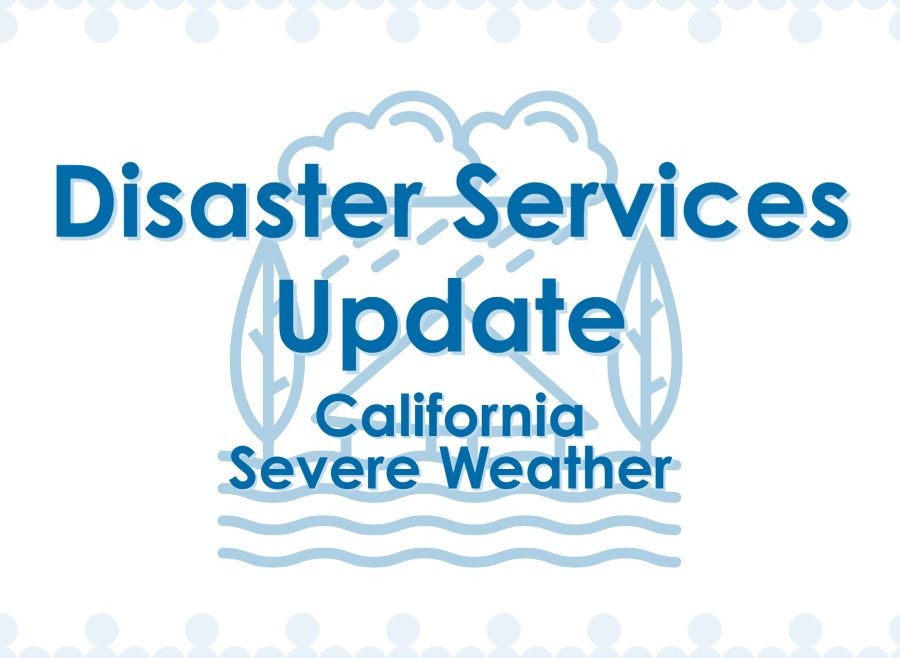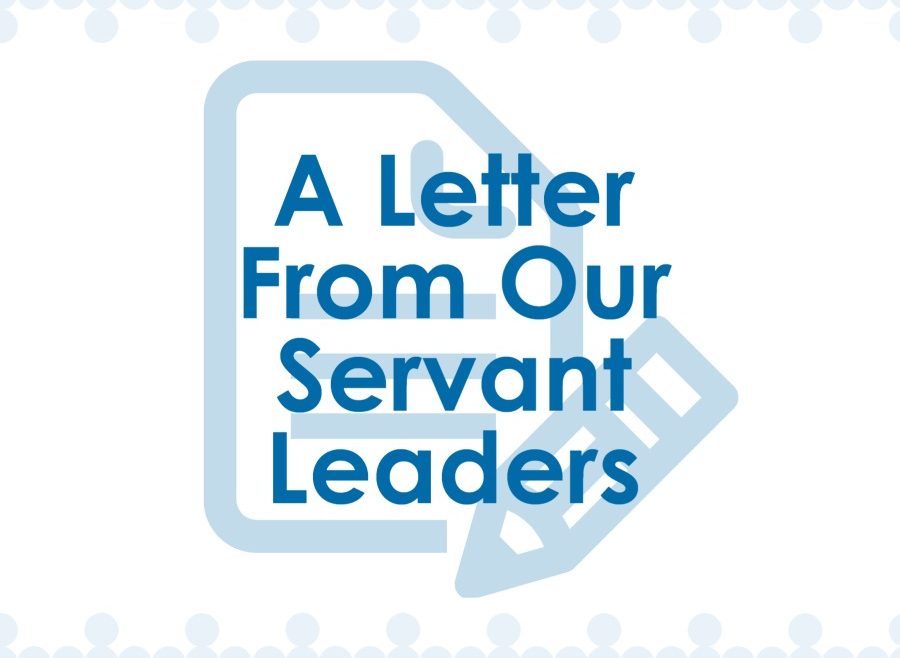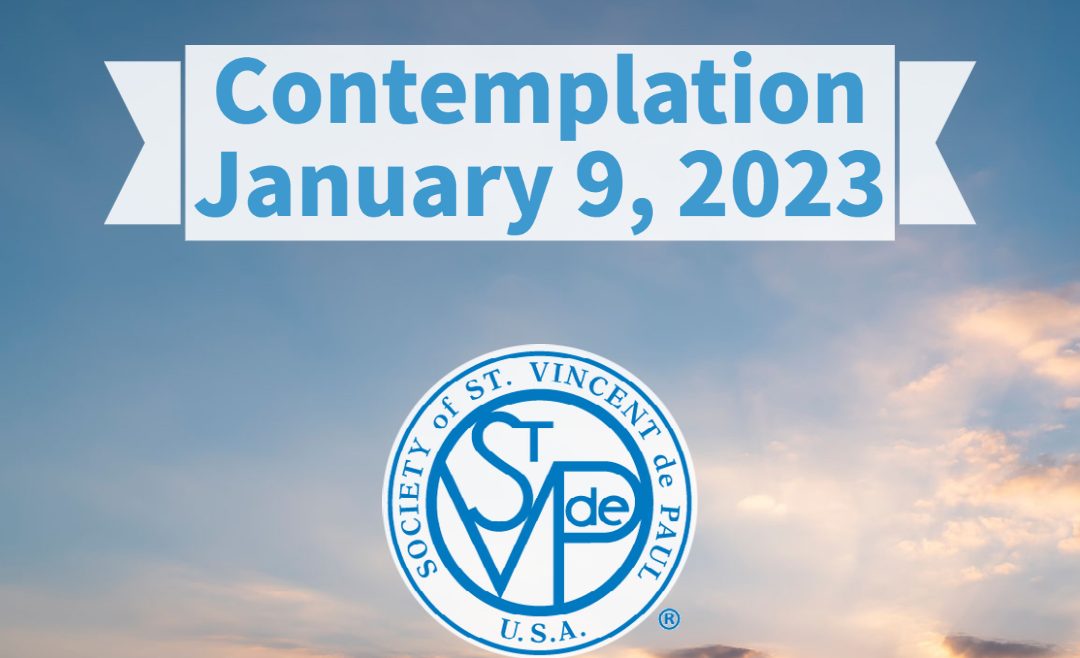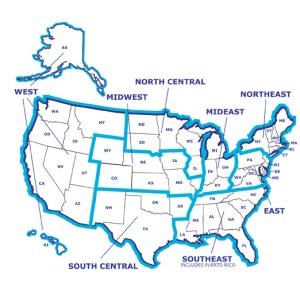Written by: Sandy Figueroa
St. Boniface Conference in Elmont, NY
African American Task Force Representative — Northeast Region
When we hear the word homelessness, what does our mind’s eye see? People living in the streets in urban cities or sleeping in malls in the suburbs and rural areas. We see people who may have been successful and fell into the downward spiral of addictions. Rarely do we even think that the homeless are employed, but their salary cannot pay the rent for an apartment or even a trailer in a trailer park.
When I take the subway, I carry change to give to those who are begging in the streets. Yet, I know that’s not doing one thing to help our brothers and sisters secure decent housing. And, I know that after a while, many people stop trying and become resigned to living in the streets and are grateful for the handouts of those who have.
My Vincentian eyes tell me that I can and must do something. I can advocate, which I do by sending e-mails to my government representatives. I can join larger organizations and work on homelessness and demand affordable housing. And above all else, I must and can pray.
Yet, what if one of my sons or my mother was homeless, what would I do? Vincent challenges us by stating that if we saw someone in need, would we just stand by with our arms folded and do nothing.
Poverty awareness week/month reminds us as Vincentians, we must pray, advocate, and act for those whose income does not stretch for food and shelter. We must demand and remind our representatives that many of us working may only be one pay check away from homelessness and hunger.
We see the face of Christ of those in most need. Would we stand by and let Christ or our son or our mother live in the streets, the malls, or the subways? By this will all people know that you are my disciples if you have love for one another.
Reflection
Excerpt from: Encyclical Letter – Fratelli Tutti of the Holy Father Francis on Fraternity and Social Friendships
The parable then asks us to take a closer look at the passers-by. The nervous indifference that makes them pass to the other side of the road – whether innocently or not, whether the result of disdain or mere distraction – makes the priest and the Levite a sad reflection of the growing gulf between ourselves and the world around us. There are many ways to pass by at a safe distance: we can retreat inwards, ignore others, or be indifferent to their plight. Or simply look elsewhere, as in some countries, or certain sectors of them, where contempt is shown for the poor and their culture, and one looks the other way, as if a development plan imported from without could edge them out. This is how some justify their indifference: the poor, whose pleas for help might touch their hearts, simply do not exist. The poor are beyond the scope of their interest.

